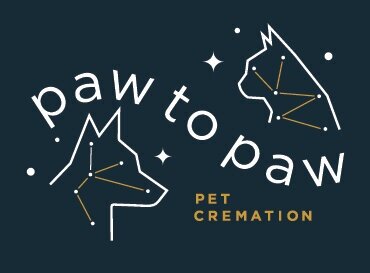5 Foods You Should Avoid Feeding Your Pet During the Holidays
The holiday season is a time for celebration, with festive meals and treats aplenty. While it's tempting to share the holiday spirit with your furry friends, many foods that are safe for humans can be harmful—or even deadly—to pets. To keep your pet safe and healthy during the festivities, it’s important to know which foods to avoid. Here are five common holiday foods you should never feed your pet.
1. Chocolate
Chocolate is one of the most well-known foods that are toxic to pets, particularly dogs. It contains theobromine and caffeine, both of which can overstimulate a pet's central nervous system and heart. Dark chocolate and unsweetened baking chocolate are especially dangerous due to their higher levels of theobromine. Symptoms of chocolate toxicity include vomiting, diarrhea, rapid breathing, and seizures. In severe cases, it can lead to heart failure or death. To ensure your pet’s safety, keep all chocolate-based treats well out of reach.
2. Turkey Bones
Turkey is a staple of many holiday dinners, but while the meat itself is generally safe for pets in moderation (as long as it's plain and unseasoned), turkey bones can pose a serious risk. Cooked bones can easily splinter, causing choking hazards, blockages, or even perforations in the digestive tract. Instead of giving your pet a bone from the table, opt for pet-safe chew toys or specially prepared treats that won't break apart dangerously.
3. Grapes and Raisins
Grapes and raisins are common ingredients in many holiday dishes, from fruit salads to baked goods. However, these seemingly harmless fruits are highly toxic to dogs and cats. Even small amounts can cause sudden kidney failure, which can be life-threatening. Signs of grape or raisin poisoning include vomiting, lethargy, and loss of appetite, often leading to more severe symptoms like dehydration, increased urination, and abdominal pain. If you suspect your pet has ingested grapes or raisins, contact your veterinarian immediately.
4. Onions and Garlic
Onions, garlic, and other members of the allium family (such as leeks and chives) are common ingredients in holiday dishes like stuffing, casseroles, and gravies. These vegetables can damage a pet’s red blood cells, leading to a condition called hemolytic anemia, which can be fatal if left untreated. Symptoms of allium poisoning include weakness, vomiting, diarrhea, and pale gums. Since even small amounts can be harmful, make sure your pet doesn't get into any leftovers or dishes containing these ingredients.
5. Alcohol
Holiday celebrations often involve alcoholic beverages, from wine and cocktails to beer and spiked eggnog. However, alcohol is extremely dangerous for pets, even in small quantities. Pets are more sensitive to alcohol than humans, and ingestion can lead to symptoms like vomiting, disorientation, difficulty breathing, tremors, and in severe cases, coma or death. Be sure to keep all alcoholic beverages out of reach, and clean up any spills quickly to prevent accidental ingestion.
Conclusion
During the holidays, it’s natural to want to include your pets in the festivities, but keeping them safe should be a top priority. While there are plenty of pet-friendly treats available, many common holiday foods can pose significant health risks. By avoiding these dangerous foods—chocolate, turkey bones, grapes and raisins, onions and garlic, and alcohol—you can ensure that your furry family members enjoy a healthy, happy holiday season alongside you. If your pet does consume any of these harmful foods, don’t hesitate to contact your veterinarian or an emergency pet clinic right away.
